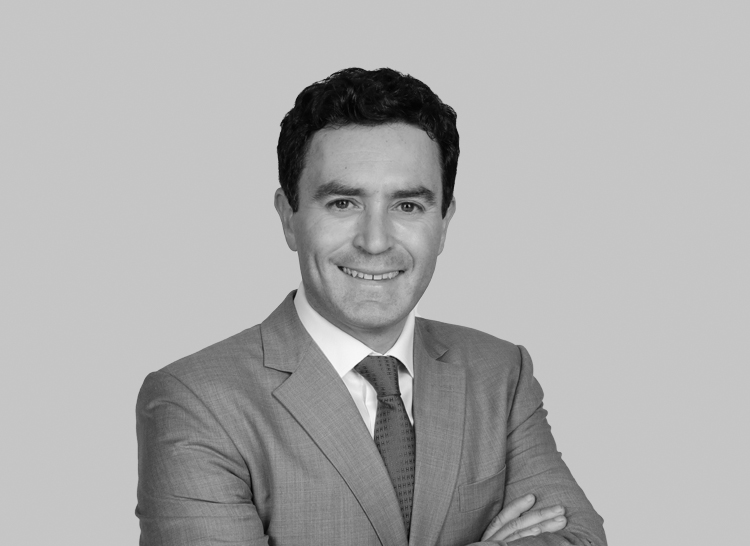Hannah Howlett is an Associate on Burford’s asset recovery team.
You recently joined Burford's asset recovery team after spending several years in private practice. What led you to make the transition?
One of the things I love about litigation is the strategy: Two identical cases can turn out completely differently depending on the choices of the parties and their lawyers. At a legal finance company such as Burford, the work tends to focus on strategy and tactics, which I find compelling. Additionally, in the context of asset recovery, I find asset tracing—locating a fraudster’s assets and working out how to retrieve them—more interesting than the disclosure and satellite correspondence typical of litigation. Burford is a natural fit for me, given my interests.
In private practice you specialized in civil fraud. How does your experience in this area prepare you for your new role within the asset recovery team at Burford?
Asset recovery was part of the civil fraud practice. I had experience in it and knew that I liked it, so I was prepared for the job at Burford—and I am really enjoying it. Civil fraud is unlike commercial litigation because it requires you to question everything you’re being told and shown by the opposition. When you’ve got two sensible commercial parties engaged in litigation, you can generally (though not always!) take what you’re told at face value.
What has most surprised you about the company and the asset recovery team specifically?
The environment at Burford is even more collegial and supportive than I expected. Though I had experience using legal finance as a lawyer, I’m still on a steep learning curve; my colleagues are generous with their time as they help me get up to speed.
I’ve also been extremely impressed by Burford’s level of sophistication. Upon joining, I was familiar with Burford’s reputation as the industry leader, but learning about the nuances and complexities of our offerings has further solidified my view of Burford as the industry gold standard.
Covid-19 has halted world travel. What are the main challenges the pandemic has posed to judgment enforcement and asset recovery?
The courts have remained open, albeit remotely, in most jurisdictions. Judges have continued to grant freezing orders and deal with other urgent interim applications. Clearly, the crisis has made judgment enforcement more challenging, but it has also given us the opportunity to develop techniques and approaches—such as more intelligent internet detective work—that will complement the traditional approach once travel restrictions are lifted. In some instances, not having to coordinate diaries to attend a hearing in another jurisdiction has even speeded things up.
The IMF has called the current recession the worst since the Great Depression. What measures would you encourage companies with outstanding judgments, awards and debts to consider?
If you have an outstanding judgment or award, in some ways you’re sitting on “easy money”— an element of the hard work has already been done. It makes sense to explore the respondent’s assets to see which are readily available to collect if the judgment isn’t satisfied; and it makes sense to do this early, particularly if there may be other creditors looking to enforce against the same assets.
With debts, there is some benefit in getting on with things quickly—the more creditors that come out of the woodwork, the greater the chances that collection will be encumbered or delayed. Not to mention, delay gives the debtor longer to potentially hide or legitimately lose assets in any recession.
Top 5 pre-quarantine activities you miss
Thankfully we can do most of these things again now, but in particular during the height of lockdown, things I missed most were:
- Not having to queue to get into a shop
- Holidays
- Leaving the house generally
- Seeing friends and family
- Actually going into an office!




